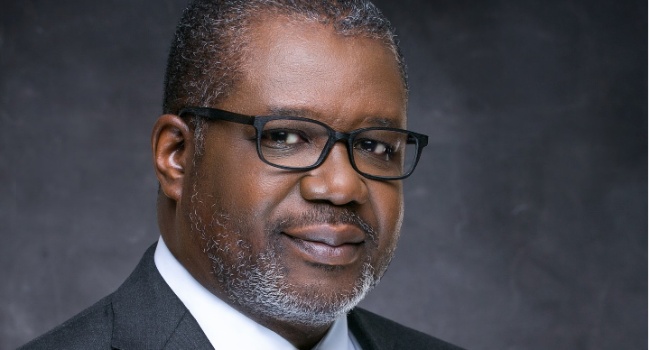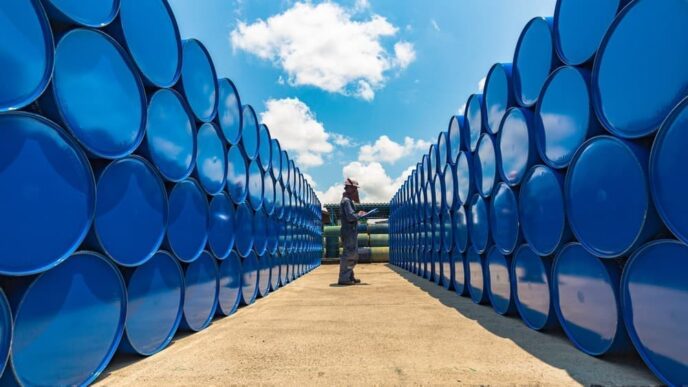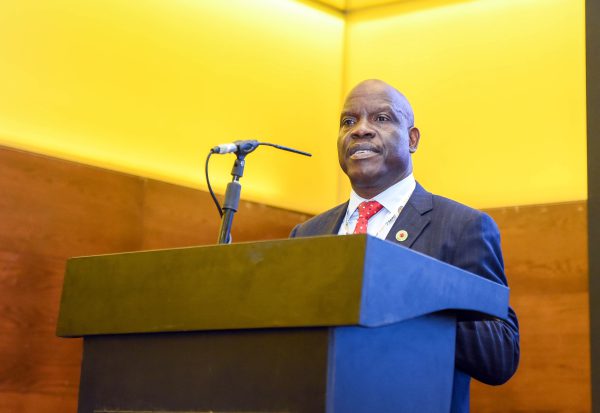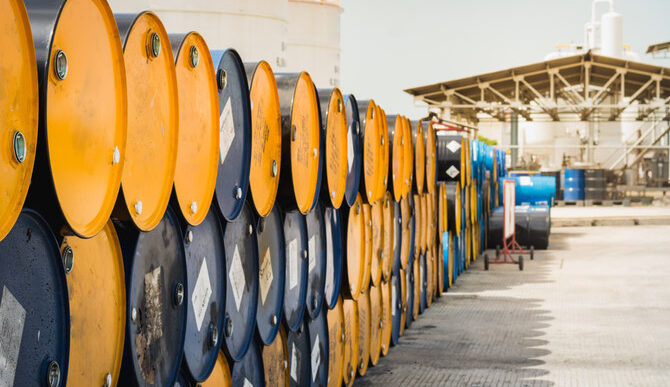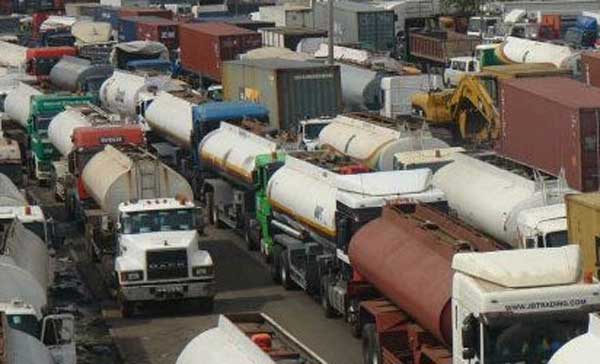Ademola Adeyemi-Bero, the chairman of the Organisation of the Petroleum Exporting Countries (OPEC) board of governors and OPEC governor for Nigeria, says Africa’s path to energy transition must be uniquely tailored to its realities.
Speaking on Thursday during a fireside chat organised by the Imperial Black Alumni Network (IBAN), Adeyemi-Bero, who is also the managing director (MD) and chief executive officer (CEO) of FIRST Exploration & Petroleum Development Company Nigeria (FIRST E&P), said a just transition on the continent must not be imposed solely by global narratives.
Adeyemi-Bero, an alumnus of Imperial College London, said while the global call for reduced emissions and greener fuels is valid and right, Africa’s response and development trajectory “should not be expected to mirror that of the global north”.
He noted that with Africa’s population expected to double by 2050, oil and gas will remain a critical part of the continent’s energy mix — but must be developed with a moral and technological obligation to minimise environmental harm.
Advertisement
“A just transition means that everybody’s journey has to be fit for purpose. We must use our resources to meet our energy needs—but do so as cleanly and efficiently as possible,” Adeyemi-Bero said.
“I believe we must use technology and best practices to produce hydrocarbons responsibly, we must eliminate flares and emissions, restore and sustain our environment, and channel revenues to improve infrastructure and social outcomes.
“What’s just for Europe may not be just for Africa. In Africa, the conversation isn’t only about decarbonisation—it’s about energy access, affordability, and development.”
Advertisement
He called for Africa to move beyond its role as a mere exporter of raw materials and become a centre for value-added processing, noting that entrepreneurs and true private-public sector will be key drivers of the transformation.
Adeyemi-Bero dismissed claims that OPEC is not living up to its purpose, adding that the group plays a vital role in ensuring global supply-demand balance, market stabilisation, and long-term energy security.
“Too many African countries extract and export raw materials — only to import finished goods. That has to change,” he said.
“If you see the infrastructure gap across Africa and you’re not moved to fix it, then you’re free to leave. But if you are, then join in making the change.
Advertisement
“If OPEC didn’t exist, who would manage the global oil supply in a coordinated way? The role is broader than just price—it’s about stability.”
The Imperial Black Alumni Network, established in 2022, is an Alumni Affinity Network at Imperial College London dedicated to fostering a vibrant and supportive community for black-heritage alumni.
The network aims to promote the exchange of knowledge, celebrate shared experiences, and harness the collective success of its members to empower and uplift black-heritage students and graduates across disciplines.
Advertisement
